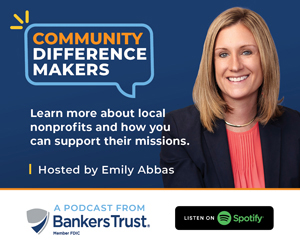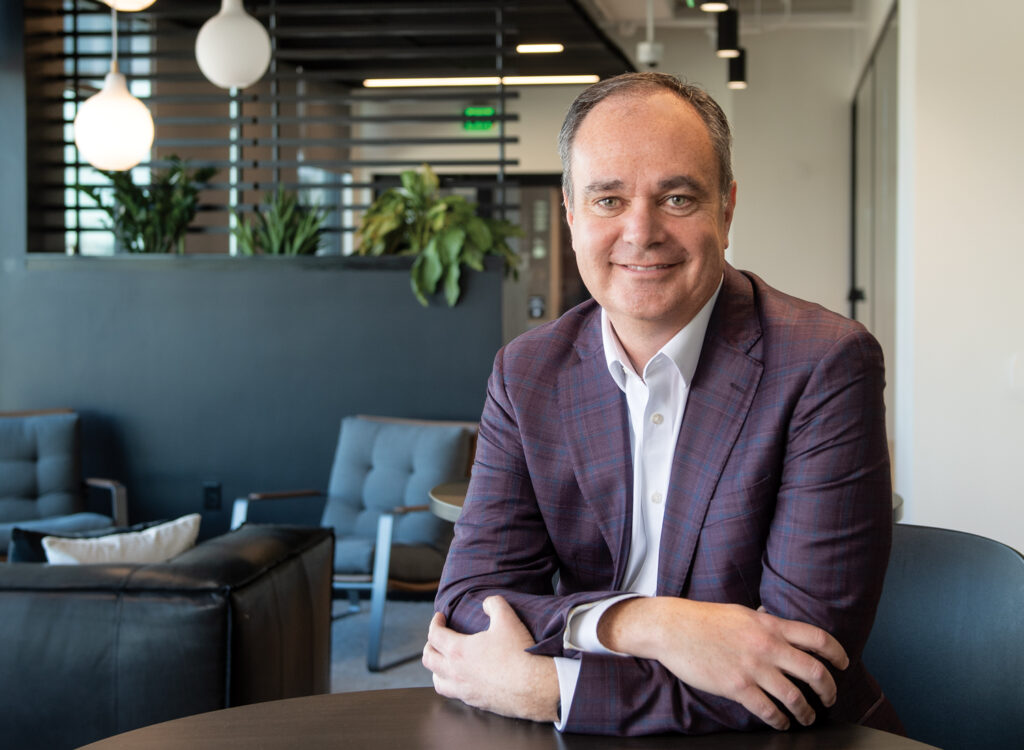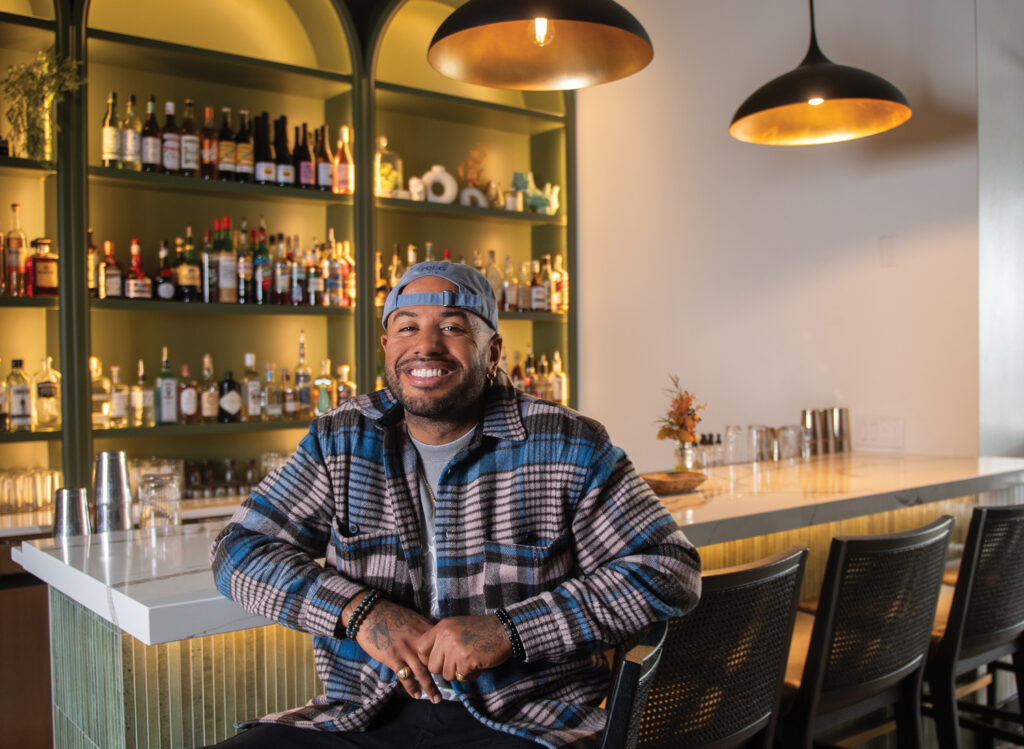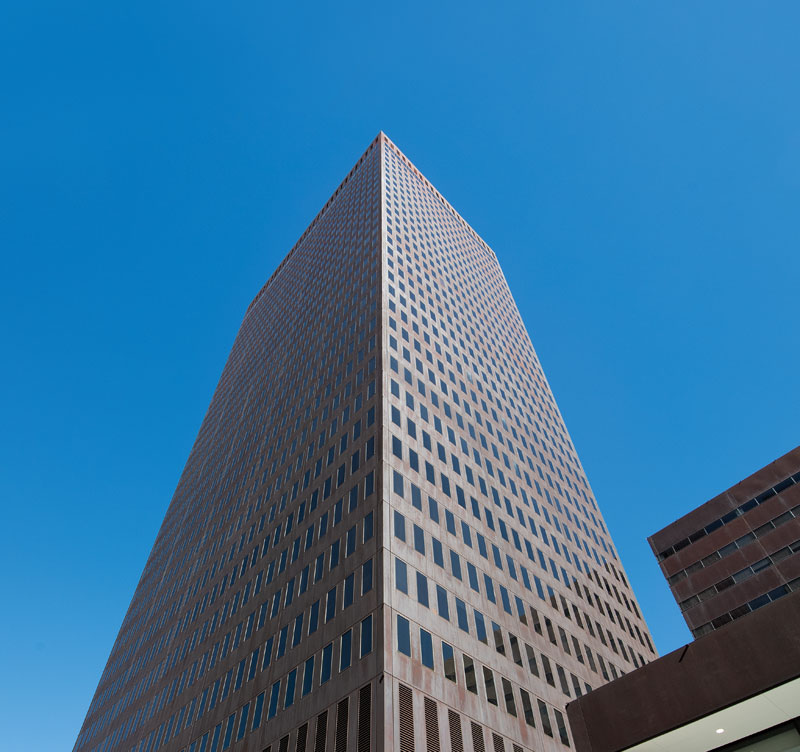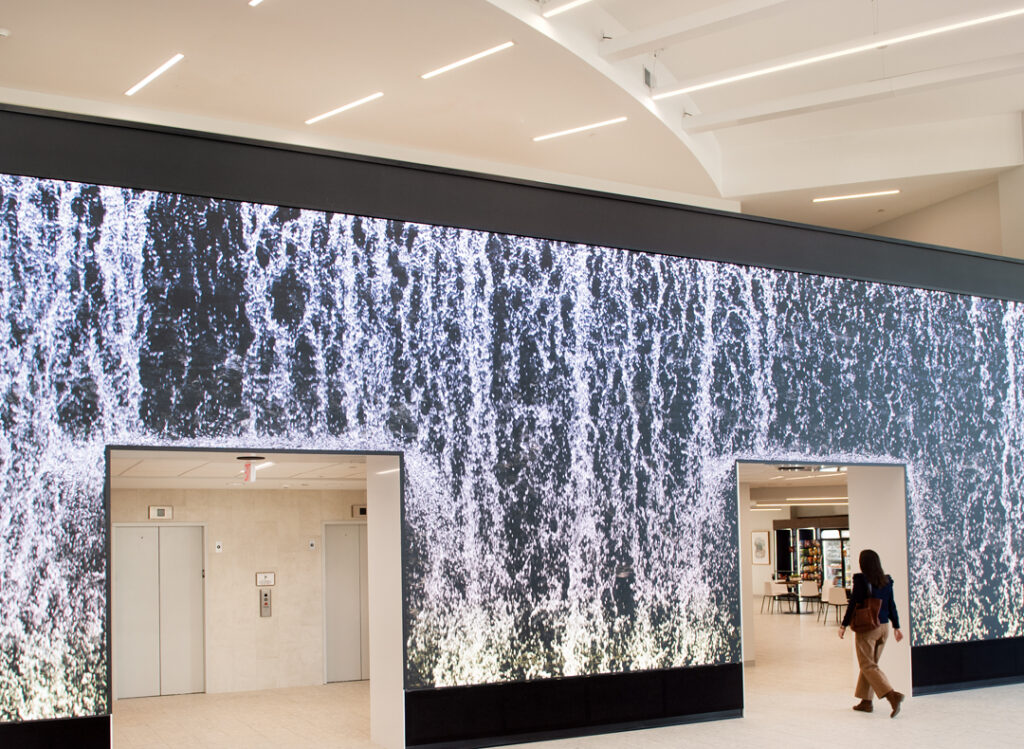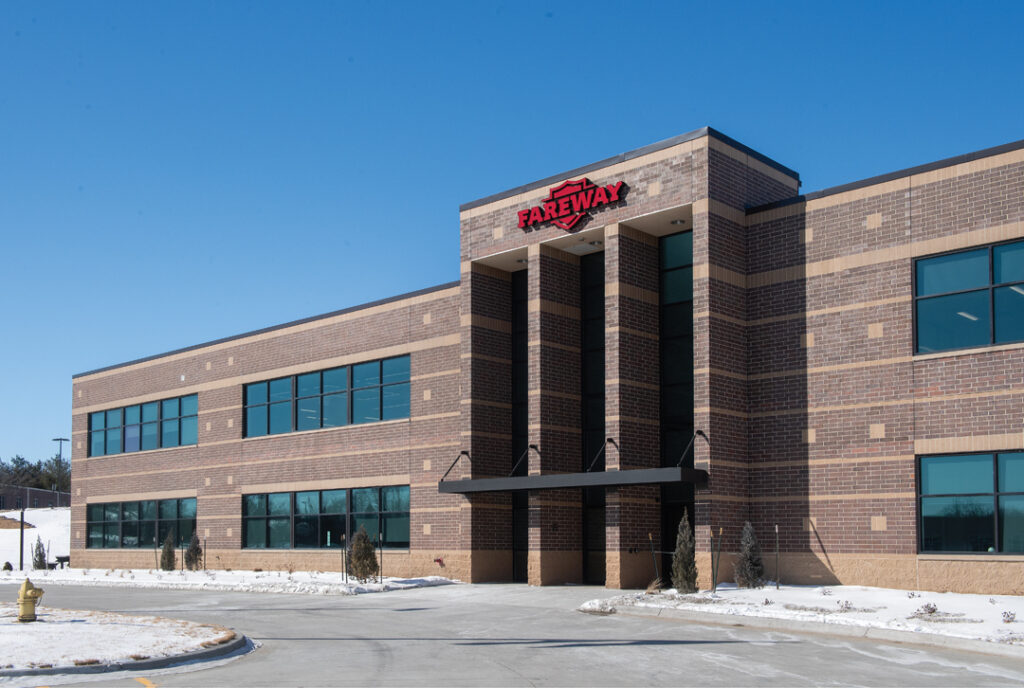Innovative Companies: Kading Properties

KENT DARR Aug 29, 2018 | 1:55 pm
5 min read time
1,135 wordsBusiness Record Insider, Innovation and EntrepreneurshipThe problem: In the 1970s, Rick Kading was working for a construction company, and buying and rehabbing homes in his spare time, leasing them after the work was completed. He decided to sell off the portfolio and build a better product that was easier to manage and maintain. He had a belief that renters didn’t want to “live on top of each other,” his daughter Karie Kading Ramsey said. As a result, Rick Kading launched a company, Kading Properties, in 1977 and the company continues to develop, build and manage affordable housing to this day in Central Iowa. He also believed in succession planning. Karie Kading Ramsey is now the company’s CEO. “This was his brainchild.”
The innovation: The thought that renters wanted a place like home, not with neighbors living above and below and a few feet down the hall, led Kading to develop properties along the lines of single-family homes with attached garages.
“They want their own front door, they want their own garage, they want to be able to pull their car in the garage and bring their groceries right in their kitchen like you would if you were in a single-family home,” Kading Ramsey said.
The concept is called bi-attached, with two residences, many with garages in the middle. The company bought distressed properties at a discount.
Kading Properties built the multifamily units and managed them. There were no developer fees. And Kading worked within a 60-minute drive of company headquarters in Urbandale, a large enough area that Kading Properties can count projects from Grinnell to Stuart, Adel to Osceola. It recently finished a project in Pleasant Hill in which it sold land for single-family homes to individual builders and added 90 multifamily units that the company owns and manages. It currently is at work in Huxley and Adel.
The goal is to build properties that require no more than 30 percent of household income to rent. That is a tough target to hit with land prices escalating along with construction costs. Still, the company boasts longtime renters among its tenants. The average stay is five years, and vacancies are low. Kading Ramsey pointed out that it would be difficult for the company to hit its targets if it were developing in downtown Des Moines, for example, where vacancies have been running at 10 percent due to a glut of apartments coming onto the market. A 10 percent vacancy rate doesn’t fit the business model at Kading Properties.
How it happened: Kading Ramsey said one key to sustaining the company and providing affordable units has been buying and developing land that is in foreclosure.
“We capitalize when recessions come; we use that as an opportunity to pick up ground. We’re still operating right now on ground that we bought in 2008 and 2009,” she said.
The company keeps development costs in check by leaning heavily on its own equity.
“The skin that we have in the game is typically what sets us apart. We do have a huge local investment within each community, and we do have a lot of skin in the game. So it’s important to us that the project is successful, and it’s well thought of,” she said.
Their projects are so well thought of that communities often reach out to the company when they are in need of housing development.
“We position ourselves very well to take advantage of any dip or downturn. As far as acquisition or site selection, you know, we can go downtown, but we’re going to be at 10 percent vacancy. We look at that and say, ‘Well, we can’t operate at 10 percent; that doesn’t work, where’s the market? Where are the residents that we need to get?’ That kind of drives the site selection,” Kading Ramsey said.
Tenants also have a big say in how their units
are appointed.
“The amenities we have are a little unique probably to most multifamily. You can essentially create these as your home,” she said.
Remember, the average tenant rents for five years, “which leads the industry for multifamily,” Kading Ramsey said.
“We’re really proud about that it is a lifestyle. It’s elderly people, it’s kids out of college who have just landed their first job and they’re just trying to figure out if they even like the field of business that they choose,” she said. “So we have a huge variety.”
The leasing lifestyle is changing.
“We have a single mom who is raising two kids and, quite frankly, just doesn’t have time to mow the yard because she’s working and, you know, trying to run kids around. We have the elderly person who lives alone and their son comes to check on them,” she said. “We have the boomers who want to go to Arizona in the winter and come back up in the summer and catch their grandkids’ ballgames, and they’re OK to just check out for a few months because we’ll take care of it.
“So what we’re seeing is people are really choosing leasing as a lifestyle. They want to have the conveniences without making an investment in a home. And I think that is trending. We’re seeing that nationally.”
The Payoff: Forty years after it was founded, Kading Properties is still going strong.
Leadership has transitioned to the Kading daughters, with Karie Kading Ramsey taking on the role of CEO several years ago. Her sister, Lindsay, is in charge of community outreach and marketing; sister Heather is the director of property management. Parents Rick and Mary serve as directors.
But the benefit goes beyond the sustainability of the company.
Kading Ramsey repeatedly points to renters who have stuck with the firm for several years. And there is a personal touch for the Kading Properties crew when it shows up in a community to work on a development project. The company pays for lunch, every workday, at a local restaurant. She said arrangements are made in advance with the restaurant, and an effort is made for the crew to show up during an off hour when the restaurant is not at its busiest.
That personal touch also means that employees stick with the company, for decades in some cases.
“We’re talking long-term relationships with people that have stayed true to the company and we’ve stayed true to them, and I think that is really kind of the backbone of how we can service the properties,” Kading Ramsey said. “It is family-operated.”
For communities such as Adel and Pleasant Hill, the benefit has been production of rental housing and entry-level single-family homes that are affordable for working families.
These days, the company also is experimenting with single-family rental properties.
“We’re in 10 counties and 16 communities,” Kading Ramsey said. “We have perfected the process of bringing affordable housing to Central Iowa.”


